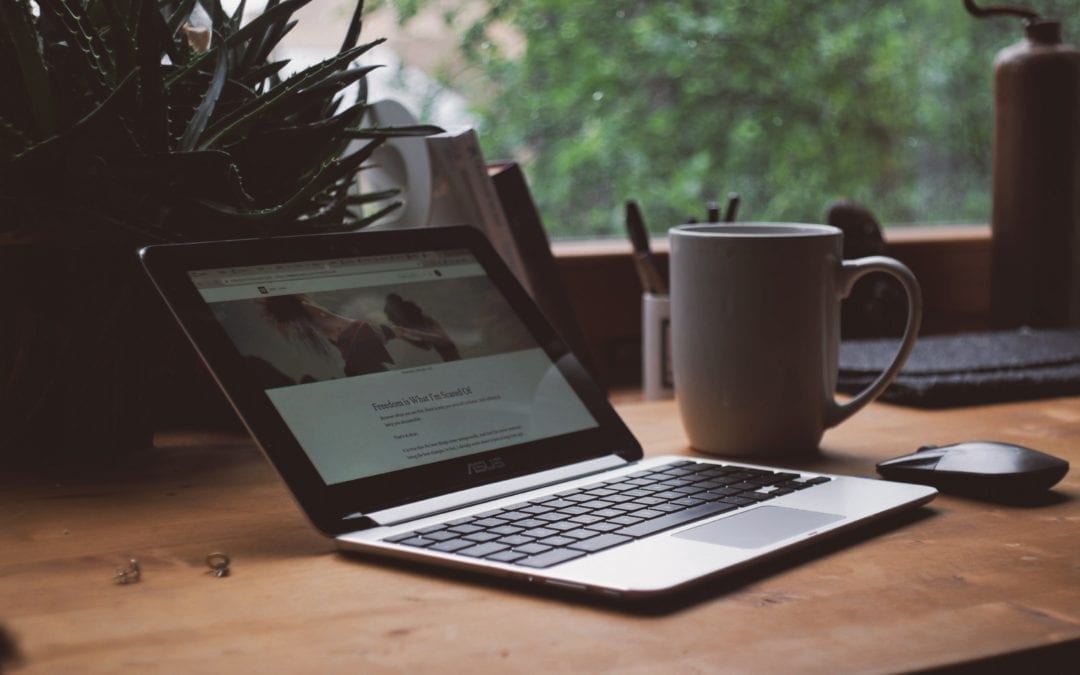The link between mental and physical health is fundamental. There are multiple associations between mental health and physical conditions that significantly impact people’s quality of life. In this series, Woodside member and Licensed Professional Counselor, Kari Gregory, offers ways to incorporate mental workouts into your daily life to enhance the physical workouts you already prioritize while you shelter at home.
In the current climate, you might find yourself experiencing new or heightened feelings of stress and anxiety. Below are some ways in which you can start to manage your stress and anxiety during these unprecedented times.
Keep a Routine
We crave routine. Routine offers us a sense of control, or predictability which is calming to our brains. When you have a set routine, your brain doesn’t have to work as hard to think because we know how the day will unfold. Currently, we are experiencing a larger sense of uncertainty, resulting in increased stress and anxiety. Taking some time to identify what a daily routine could look like for you and your family can allow your brain to not need to work as hard while simultaneously experiencing this increased uncertainty. When creating your routine, try to steer away from strict schedules, as we also need flexibility. Some examples of this can include:
- Getting up around the same time every morning and complete a morning ritual. Brush your teeth and change out of your pajamas!
- Create ways to transition from one part of your day to the next. If you are working from home and normally commute to and from work try substituting the time you would be commuting with a walk around the block, or listening to a short podcast.
- Try to keep the same workout schedule you had before – I was an active class taker – so I get my workouts in at similar times as my favorite classes.
- Have set meals/mealtimes – snacking all day isn’t good for your self-talk or your waistline. Taking some time to plan out your meals and snacks will help you when you feel the urge to snack.
Lower Your Expectations
All over social media there are people showing their productivity and creativity with all this new found “free time.” If that’s not you, that’s OK. Everyone’s circumstances are different. You do you. A common phrase in the industry is “Stop shoulding all over yourself”. There is no right way to do shelter-at-home. Therefore, try not to think about all the things you SHOULD be doing, and focus on what’s important to you. You are doing just fine.
Take a Compassion Break
If you do find that you are being hard on yourself, take a moment and complete this quick exercise to reframe your thoughts:
- Be mindful- What am I experiencing in this moment?
- Identify common humanity – How might other people in a similar situation feel?
- Offer yourself kindness – What would you tell your best friend or child?
Example: “I am suffering in this moment. I imagine others in my similar situation are also suffering. I am doing the best I can, and in this moment that is good enough.”
Be kind to yourself and those around you. And don’t be afraid to ask for help. We’re all in this together.
 Kari Gregory is a Licensed Professional Counselor certified in Cognitive Behavioral Therapy. She specializes in the treatment of Anxiety, OCD and related disorders. You can learn more about Kari here. .
Kari Gregory is a Licensed Professional Counselor certified in Cognitive Behavioral Therapy. She specializes in the treatment of Anxiety, OCD and related disorders. You can learn more about Kari here. .


